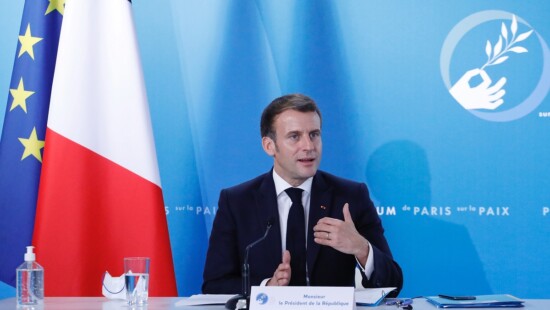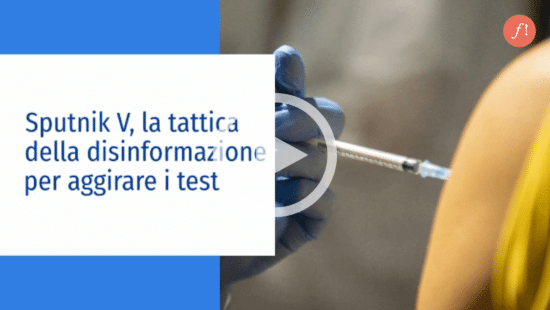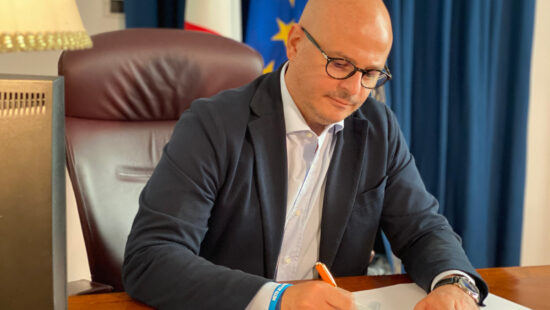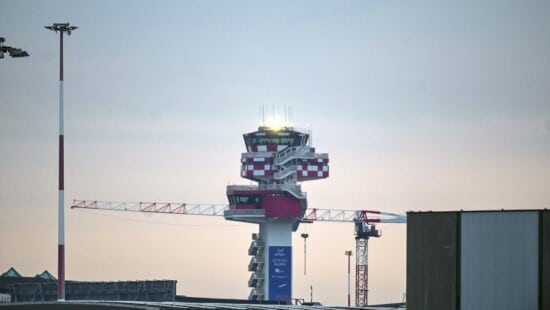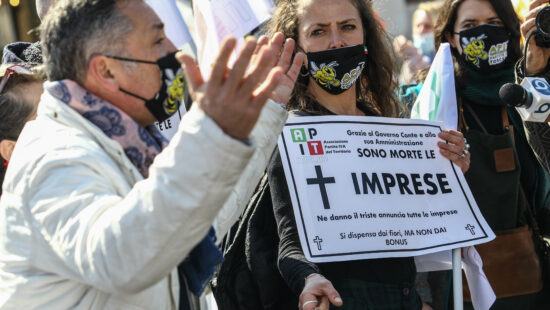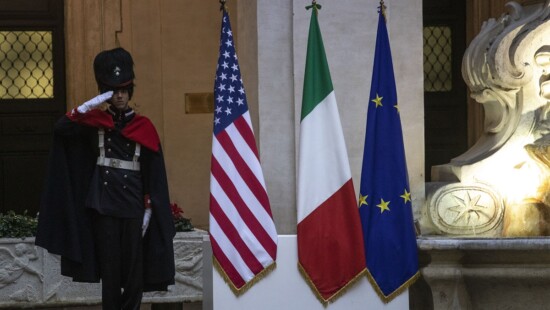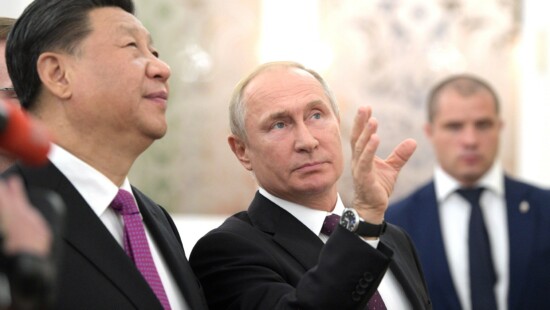Ci sarà Macron a Tolosa a chiudere la prima esercitazione di guerre spaziali del nuovo Comando francese. Dimostra l’attenzione di Parigi verso la militarizzazione delle orbite. “Ma se anche ci fosse la possibilità di monitorare un satellite-spia e neutralizzarlo – si chiede il generale Vittori – quale risultato verrebbe raggiunto? Probabilmente nessuno”
Archivi
Vaccino Covid, Danimarca sospende AstraZeneca e Aifa blocca un lotto. Il video
Vaccino Covid, Danimarca sospende AstraZeneca e Aifa blocca un lotto [embedyt] https://www.youtube.com/watch?v=WLlZXkXVpJ0[/embedyt] Roma, 11 mar. (askanews) - La Danimarca ha temporaneamente sospeso la somministrazione del vaccino contro il Covid-19 di AstraZeneca come precauzione dopo casi di coaguli di sangue in alcuni pazienti. Lo ha annunciato il ministro della Salute danese, Magnus Heunicke, aggiungendo che al momento non è possibile stabilire…
L'Aifa sospende (precauzionalmente) un lotto del vaccino AstraZeneca
Secondo l’Aifa, “al momento non è stato stabilito alcun nesso di causalità tra la somministrazione del vaccino e tali eventi”, ma si stanno “effettuando tutte le verifiche del caso, acquisendo documentazioni cliniche in stretta collaborazione con i Nas e le autorità competenti” mentre i campioni del lotto verranno analizzati dall’Istituto Superiore di Sanità. L’Aifa assicura che “comunicherà tempestivamente qualunque nuova informazione dovesse rendersi disponibile”.
Covid e depredazione dell'Amazzonia. Malgieri spiega cosa sta uccidendo il Brasile
Pandemia e spoliazione economica stanno affossando un popolo che potrebbe essere tra i più ricchi del mondo e si ritrova invece ad ingrossare le classifiche di quelli più miserabili. Nel cuore dell’Amazzonia nessuno sa quanti sono i morti e i contagiati. Una tragedia nella tragedia. E intanto si pensa alle prossime elezioni presidenziali, come se fossero uno dei tanti tornei calcistici che si disputano in Brasile. L’analisi di Gennaro Malgieri
Sputnik V, la tattica della disinformazione per aggirare i test. Il video
Sputnik V, la tattica della disinformazione per aggirare i test [embedyt] https://www.youtube.com/watch?v=NpnzJKcP4ik[/embedyt] Con la campagna vaccinale anti Covid che in tutta Europa stenta a decollare, in Italia ci si guarda intorno spinti anche dalla nuova accelerazione nella curva dei contagi. Per sopperire ai ritardi e alle riduzioni nelle consegne delle dosi il dibattito politico si sta concentrando sul vaccino russo…
Più Difesa nel Piano nazionale di ripresa. L'invito di Aresta (M5S)
La Difesa esclusa dal Next Generation Eu? “Un errore che si deve assolutamente correggere”. Intervista a Giovanni Luca Aresta, deputato, capogruppo M5S in Commissione Difesa, dove è stato relatore della proposta del governo di Pnrr
Boom di voli privati. Record in Italia con transazione in cripto-valute
Oggi, anche a causa della pandemia, il settore dei voli privati si sta allargando. I clienti sono soprattutto manager, sportivi, imprenditori che cercano flessibilità, sicurezza, privacy. In Italia oltre 500mila dollari sono stati pagati alla Fast Private Jet, con sede a Verona, tramite la piattaforma BitPay, che ha certificato l’operazione, per un volo a lungo raggio, avvenuto nelle scorse settimane
Quali imprese salvare e come. L'analisi di Zecchini
Le dimensioni degli sconvolgimenti in atto per le imprese sono nascoste dall’ampiezza dei sostegni pubblici. In particolare, la distorsione e i rischi nella struttura del capitale delle imprese nel senso del debito (excess leverage) non appaiono ancora in tutta evidenza, perché i dati finora disponibili non la rivelano a sufficienza. Ma i segnali non mancano e le simulazioni econometriche li confermano
Kerry chiama, Cingolani risponde. Asse Italia-Usa anche sul clima
Ieri sera telefonata tra l’inviato Kerry e il ministro Cingolani per rilanciare i legami Italia-Usa anche sul clima. L’ex ministro Clini: “Possiamo essere ponte tra Stati Uniti e Cina”
Sputnik e Putin, Edward Lucas spiega la (vera) posta in gioco
Se perde la corsa al vaccino, l’Occidente rischia un fallimento “peggiore della guerra in Iraq e della crisi finanziaria del 2008”, dice Edward Lucas, vicepresidente del think tank Cepa e già firma di Economist e Times. Sputnik V? Non abbiamo informazioni, Putin vuole farne un’arma di propaganda. E gli Usa si ricorderanno di chi lo ha aiutato




